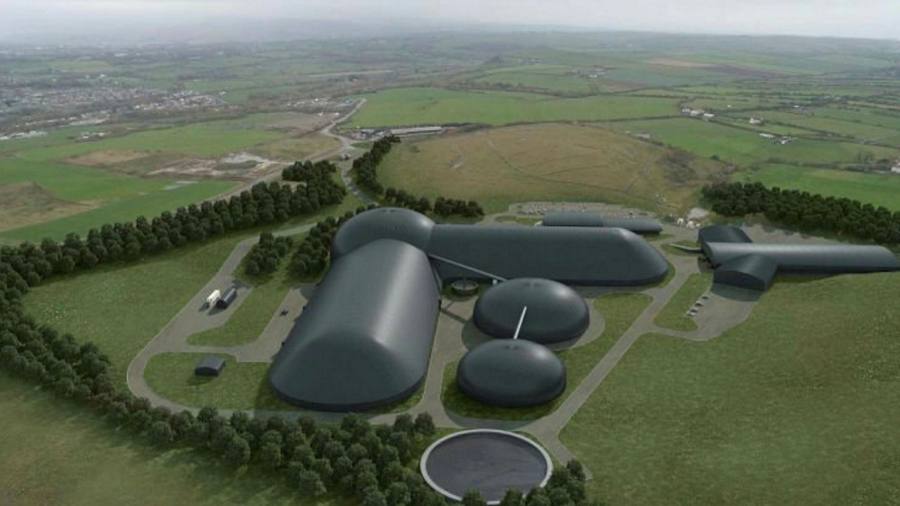[ad_1]
Plans for a small coal mine in Cumbria are becoming a symbol of the UK government’s inability to match ambitious words on climate change with action. Boris Johnson has pledged to put the environment at the heart of his efforts to “build back better†after the pandemic. Last year’s 10-point plan for a green industrial revolution may have lacked some near-term targets but it was an important policy intervention at a critical moment. The window of opportunity to achieve net-zero emissions by 2050 and holding temperature increases to safe levels is rapidly closing.
The decision to allow the country’s first new deep coal mine for decades is entirely at odds with this agenda. It also risks undermining Britain’s international standing as host of the UN COP26 climate summit. The government’s advisory body on global warming, the Climate Change Committee, has already warned the mine leaves a “negative impression†on the UK’s climate priorities. Now James Hansen, a former Nasa scientist and one of the world’s foremost experts on climate change, has weighed in on the debate. In a letter addressed to Mr Johnson, Mr Hansen warned that allowing the colliery to go ahead will lead to “ignominy and humiliation†for the UK.
It is time for ministers to get involved. Robert Jenrick, the communities minister, could have challenged the decision by Cumbria county council to approve the Copeland colliery, but decided against. Mr Jenrick has defended the move, saying he would not block it as it was a “local†issue. Yet this is not how other large energy infrastructure assets are treated. Nuclear power plants and onshore wind farms are all approved at national level. The same approach should apply in this case. Tackling climate change is a national, as well as a global, challenge.
Ministers will need to consider strong public support for the mine. Although unemployment in Cumbria is relatively low, local Conservative MPs have argued that the company’s promise to create 500 jobs would benefit a relatively isolated area where employment has been dominated by the Sellafield nuclear site. They also point out that the new mine will not produce thermal coal for electricity but coking coal which is used to make steel. It will therefore displace some imports and reduce carbon emissions overall. There is some merit in both of these arguments. Nevertheless, it is worth putting the mine’s annual production in context. It will extract about 2.7m tonnes of metallurgical coal, to be shipped to UK and European plants. Although not insignificant, it is a small percentage of the 60m tonnes of coal that are currently imported annually by these plants from the US, Canada, Russia and Australia.
Steelmaking remains an important industry for the UK but if the government is committed to its climate agenda, the priority must be to channel investment into ways to produce the metal in an environmentally friendly way. The use of renewable or green hydrogen in steelmaking is not yet a commercial reality but the rapid pace of change in technologies should not be underestimated. The debate over the Cumbria mine is, in many ways, emblematic of a fundamental tension between the government’s green goals and the increasing autarky in some of Mr Johnson’s policies. The prime minister would do well to emulate Joe Biden’s approach. It is early days but the US president has focused on embedding climate policy across his administration. If Mr Johnson wants to show true global leadership on climate, he needs to ensure Britain’s actions match his rhetoric.
Twice weekly newsletter

Energy is the world’s indispensable business and Energy Source is its newsletter. Every Tuesday and Thursday, direct to your inbox, Energy Source brings you essential news, forward-thinking analysis and insider intelligence. Sign up here.
[ad_2]
Source link





